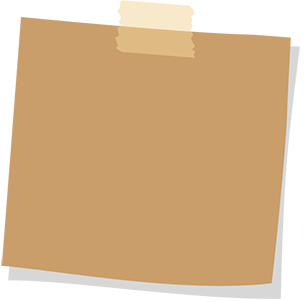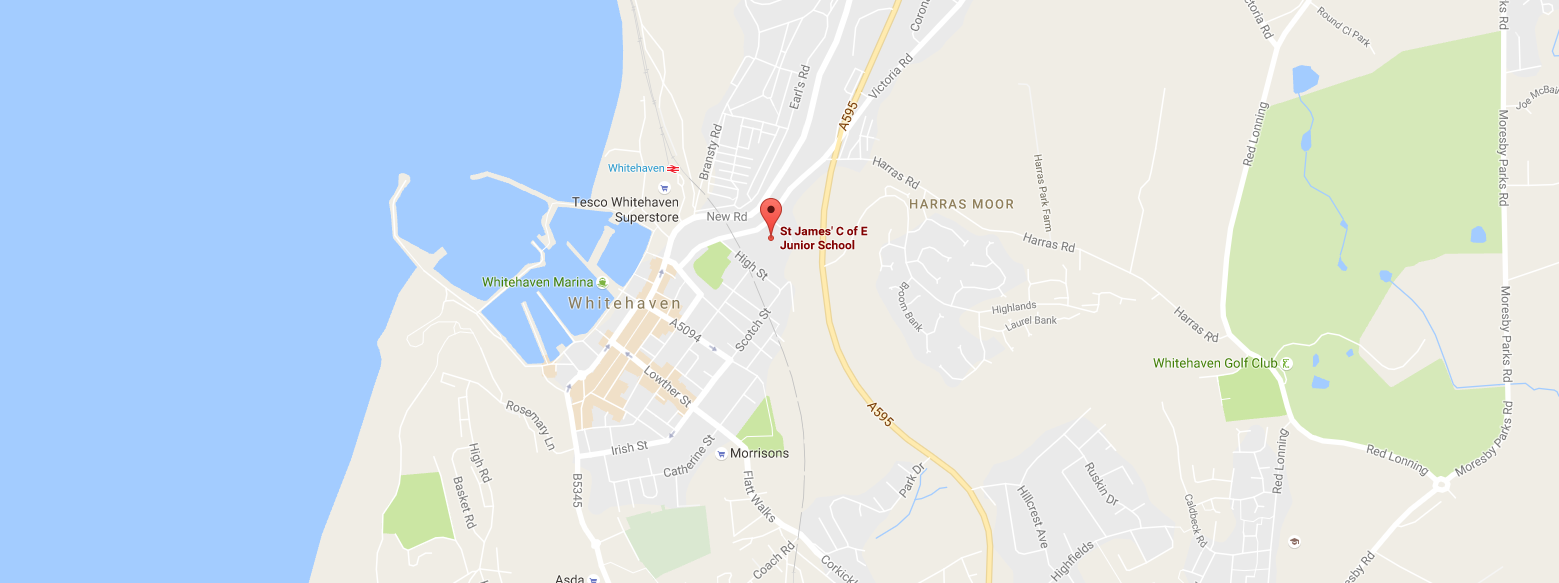English 2024 - 2025
Mrs Foye
Welcome to the English page. English is a huge part of the curriculum and consists of reading, writing, grammar, punctuation and spelling. At St James' we work hard to ensure that our English teaching is fun, engaging and, where possible, linked to our wider curriculum topics.
Reading
At St James' Juniors we understand that reading fluently is a key life skill and is the foundation for children's future success. We strive to foster a lifelong love of reading by promoting reading for pleasure and creating a culture where children choose to read for enjoyment. Through carefully selected texts (often linked to our topic), we give pupils the opportunity to discuss new ideas and explore rich vocabulry. As a staff, we are passionate about teaching reading and try our best to provide chidlren with the skills and tools required to be successful, independent readers.
For our redaing comprehension lessons, we use Reading VIPERS to ensure that all of the 6 reading domains are taught effectively and consistently across all year groups. We strive to ensure that pupils can identify different question types and are taught the skills needed to answer them efficiently. As a school, we also use Accelerated Reader. Firstly, we use it to assess and track pupils' reading levels, ensuring they are reading books at an appropriate level and also as motivation. Pupils read books and then take a quiz. If they receive 100% on their quiz, they're entered in to a weekly prize draw to win a book.
Early Reading
Our school is using Little Wandle Letters and Sounds as our systematic, synthetic phonics (SSP) programme to support pupils not currently reading at age-related expectations. The Rapid Catch-Up programme has a fast pace, so the children can access the curriculum and enjoy reading as soon as possible. The catch-up sessions are taught daily to small groups of children. These sessions begin with recapping phonics - focusing on reading and spelling. This then progresses on to the fluency section of the programme, with a key focus on reading longer texts and comprehension exercises. If your child is part of a Little Wandle group in our school, you can find more information about the sessions on the attached power point and documents in the files section.
Writing
We begin our writing in September with all year groups completing 4 weeks of Place Value for Punctuation and Grammar (PVPG). This is a teaching approach that focuses on the precise placement and useage of punctuation marks within sentences, alongside grammar rules, essentially helping children understand the importance of correct sentence structure. Throughout the year, this is then reinforced when pupils apply their learning to their written work. Where possible, we like our writing to link with our current topics in history, geography or science. Children experience writing a variety of text types - both fiction and non-fiction. Through the writing process, children explore model texts then use a feature checklist to draft and edit their writing, until they have a finished piece they are happy with.
Poetry
Poetry is taught in all year groups throughout the academic year. Children study the language of poetry, explore a variety of poetry styles and practice receiting and writing their own.
Spelling
All staff use Spelling Shed https://www.spellingshed.com/en-gb/ to plan and deliver weekly lessons based on the spelling patterns for their year group. The pupils also have access to Spelling Shed at home where they practise the weekly spellings set by the teacher in prepartaion for their weekly test on Wednesdays. Spelling patterns and rules are frequently revisited throughout the year to help pupils remember them.
Grammar and punctuation
This is taught both discretely and as part of weekly writing lessons. The discrete sessions introduce and revise objectives and allow children to focus solely on the grammar and punctuation aspects of literacy. Writing sessions then allow children to demonstrate their use of grammar to write effective sentences and up-level their work using correct word class, tenses and well-chosen vocabulary. Grammar and punctuation objectives are revisited frequently throughout the year.
Files to Download
English: Gallery items
Year 5 - English - Creative Writing, by Mr Carruthers
Ennerdale - place value of grammar and punctuation, by Mr Tyson
Bassenthwaite - noun search, by Mrs Pickering






